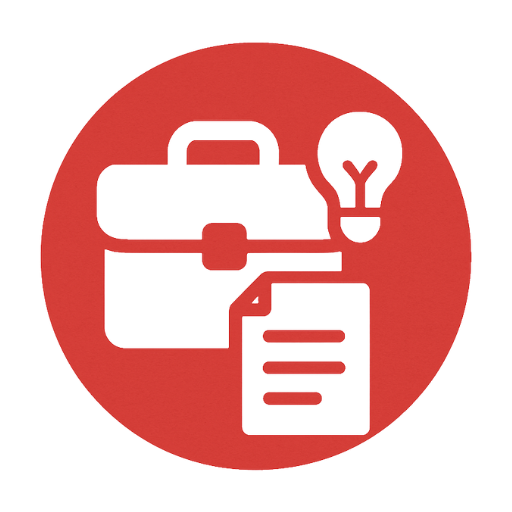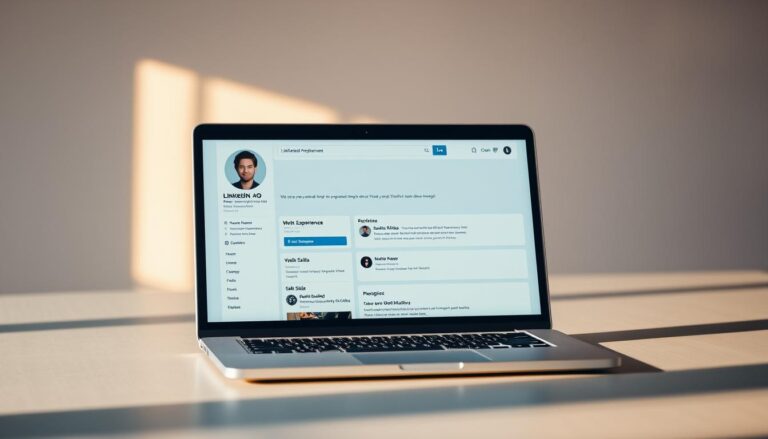Best Times to Apply for Jobs (and Why Timing Matters)

Knowing the best time to apply for a job can really help. The job market changes, and timing is everything. It can make a big difference in your chances of getting hired.
Certain periods of the year are more favorable for job seekers. Studies show that the best periods for job applications are January-February and September-October. These times are great because companies often start new budgets and set hiring goals.
Understanding when companies hire and budget can help you. A smart job search strategy can put you ahead of others. It’s all about planning and timing.
Why Job Application Timing Is Crucial for Success
Companies have specific hiring cycles. Applying at the right time can make your application more visible. Many firms hire based on their fiscal year or quarterly budget cycles.
Knowing when to apply is key. It affects how much the hiring team sees your application. Applying when hiring is high can make your application more noticeable.
Budgeting for hiring is also important. Companies set budgets at the start of their fiscal year or quarter. Applying then can be good because it matches with when they can approve new hires.
To increase your chances, research the hiring cycles of your dream companies. Plan your applications to match their busy hiring times. This way, your application is more likely to be seen.
Best Days of the Week to Submit Job Applications
Timing is key when you’re job hunting. Research shows applying on certain days can boost your chances. Mondays and Tuesdays are often the best times to apply.
Monday applications stand out because they catch hiring managers’ attention at the start of the week. It’s a great way to get ahead before the week gets busy.
The time of day matters too. Early morning job submissions show you’re eager and quick. Applying early in the morning can make your application stand out.
Strategically timing your job applications can make you more visible to employers. Focusing on the best days to apply for jobs and the right time can give you an edge in a competitive market.
Optimal Times of Day to Apply for Jobs
When you apply for a job, timing is everything. Studies show that applying between 6 a.m. and 10 a.m. makes you 5 times more likely to get an interview.
This is the optimal job application time. It’s when hiring managers usually check their emails. This way, your application gets seen before the day gets too busy.

Applying during these hours also means your application is more likely to stand out. It’s less likely to get buried under the day’s other applications.
By choosing the right time to apply, you can make your application more visible. This could help you catch the eye of hiring managers.
Best Times to Apply for Jobs (and Why Timing Matters)
Knowing when to apply for jobs is key in a busy job market. Companies’ hiring needs change throughout the year. This is due to budget cycles and seasonal demands.
Prime Hiring Seasons: Data shows that January-February and September-October are the best times. During these months, companies often have new budgets for hiring. Or they’re rushing to fill spots before the year ends or starts.
In January and February, companies start with new budgets. It’s a great time to apply for jobs. September and October also see a hiring boost. This is as companies fill spots after summer and get ready for the year’s end.
Knowing these hiring seasons can help you stand out. By applying during these times, you’re more likely to catch employers’ attention.
Even though these periods are prime, company needs can differ. Keeping up with industry trends and company news can improve your job search.
Seasonal Hiring Trends You Should Know
The job market changes with the seasons, affecting hiring trends. Different industries have peak hiring times at various seasons. This is due to consumer demand, production cycles, and holiday periods.
Retail and Hospitality see a big hiring surge from October to December. Companies in these sectors hire more to handle the rush of customers and sales.
Tax and Accounting firms get busy from January to April. They prepare tax returns and financial statements for clients. This time, they often hire more for temporary and contract roles.
Knowing these seasonal hiring trends helps job seekers apply at the right time. This way, they can boost their chances of getting hired in their chosen field.
Being informed about industry-specific hiring patterns helps job seekers plan better. They can focus on industries that are hiring when they need a job.
Industry-Specific Timing Considerations
Knowing when to apply for jobs in your industry can really help. Each field has its own hiring times. Being aware of these can boost your job search success.
Finance and tech jobs often start in January and February. This is when companies set their budgets for the year. So, these months are great for applying in these fields.
On the other hand, retail and hospitality jobs increase in August to October. This is because companies need more staff for the holiday rush.
Healthcare and education also have their own hiring times. Healthcare might hire more during flu season. Schools usually hire teachers and staff before the school year starts.
To stand out in your job search, learn about your industry’s hiring patterns. This way, you can make your application more relevant. It’s more likely to catch the eye of employers.
How Application Tracking Systems Affect Timing Strategy
Application tracking systems (ATS) are key in filtering job applications. Timing is crucial to get noticed. Many companies use ATS to make hiring easier, sorting and ranking applications automatically.
To boost your chances, tailor your resume and cover letter with job posting keywords. This helps pass ATS filters and gets your application seen by hiring managers.
When you submit your application can affect ATS processing. Applying during less busy times might speed up processing. Knowing how ATS works and timing your submissions right can greatly improve your job search.
Optimizing your application for ATS and timing your submissions well can make you more visible to employers. This increases your chances of getting an interview.
Timing Your Application After Job Postings
Acting fast after a job posting can really help you stand out. Applying quickly can boost your chances by almost 40 times. This is especially true if you apply early in the morning.
Understanding application tracking systems (ATS) is key. Many companies use these systems to sort applications. The order you apply can affect how they’re seen.
Applying early shows you’re eager for the job. This quick application submission strategy works well in competitive markets.
To have the best shot, be ready to apply right when the job posting appears. Have your resume, cover letter, and any other needed documents ready. This way, you can apply quickly and efficiently.
Strategic Timing for Different Career Stages
Job seekers need to adjust their application timing based on their career stage. Each stage has its own challenges and chances, needing a custom plan for success.
For entry-level candidates, the job market is tough. Applying early and being open to start dates helps. Also, don’t miss out on campus recruitment and job fairs if you’re new to the workforce.

Mid-career professionals aiming for a change or promotion should time their applications with industry trends. Knowing when hiring peaks in your field can make you more visible.
Executive-level positions need a careful strategy, including networking and discreetly looking for opportunities. While timing is flexible, being strategic is key.
Knowing the right time to apply based on your career stage can boost your job search. Tailoring your approach to your current level can increase your chances in a competitive market.
Economic Factors That Influence Job Application Timing
The state of the economy greatly affects hiring trends and when to apply for jobs. When the economy is growing, companies often hire more, creating more job openings.
Economic conditions like GDP growth, inflation rates, and unemployment levels play a big role in hiring. For example, in a strong economy, businesses might hire more to keep up with demand. But during tough times, hiring can slow down or even stop.
Knowing these economic factors can help job seekers apply at the right time. Applying when the economy is booming might boost your chances of getting hired.
Also, some industries feel the economic ups and downs more than others. Job seekers in these fields need to watch the hiring influences closely.
Conclusion: Maximizing Your Job Search Success Through Strategic Timing
Understanding hiring cycles can greatly improve your job search. Knowing the best times to apply is key. It can make a big difference in your job search success.
We’ve looked at many factors that affect when to apply for jobs. This includes the best days and times, and when companies usually hire. By using this knowledge, you can get noticed by employers more easily.
To succeed in your job search, be flexible and keep up with trends. Adjust your application timing to match your target companies’ hiring cycles. This will help you reach your career goals.






